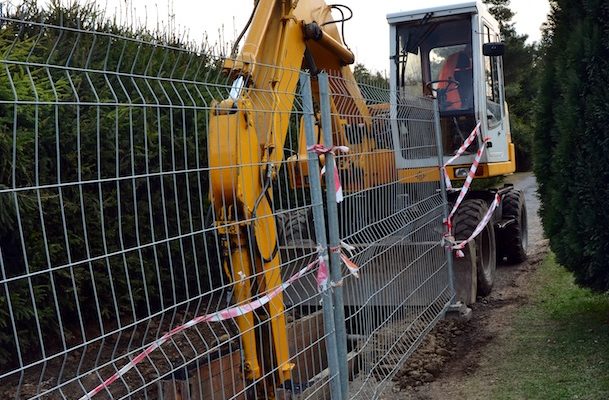By Kim Slowey
Nov. 2, 2017
Dive Brief:
- The city of Columbus, OH, is testing a new construction apprenticeship and local hiring plan for public projects that it hopes will boost the local construction workforce, according to The Columbus Dispatch.
- The agreement between the city and the Columbus Building & Construction Trades Council, AFL-CIO, requires the organization to host apprenticeship fairs, use 20% Columbus and 25% regional residents on the project, and collect five cents for every hour each member works to help fund an apprentice scholarship fund. City officials said non-union contractors will also be able to bid the project.
- The first project to operate under the program is the construction of an $8 million firehouse. The local chapter of the Associated General Contractors of America expressed concern that the new workforce requirements would make it more difficult for contractors to bid on projects competitively.
Dive Insight:
It’s not uncommon for state and local governments to specify hiring requirements for publicly funded projects. Local activists often see it as a way to get a return on invested taxpayer money. However, while the goal of using as many locals as possible is not one with which many would disagree, the details of these initiatives are up for debate.
First, in some markets, contractors have difficulty finding enough workers to meet local mandates. For example, contractors working on the new Little Caesars Arena in Detroit were fined almost $3 million through March of this year for failing to meet the local hiring requirements laid out by the city. By all accounts, the contractors did their best to recruit local workers, but the skilled talent pool was just too thin.







